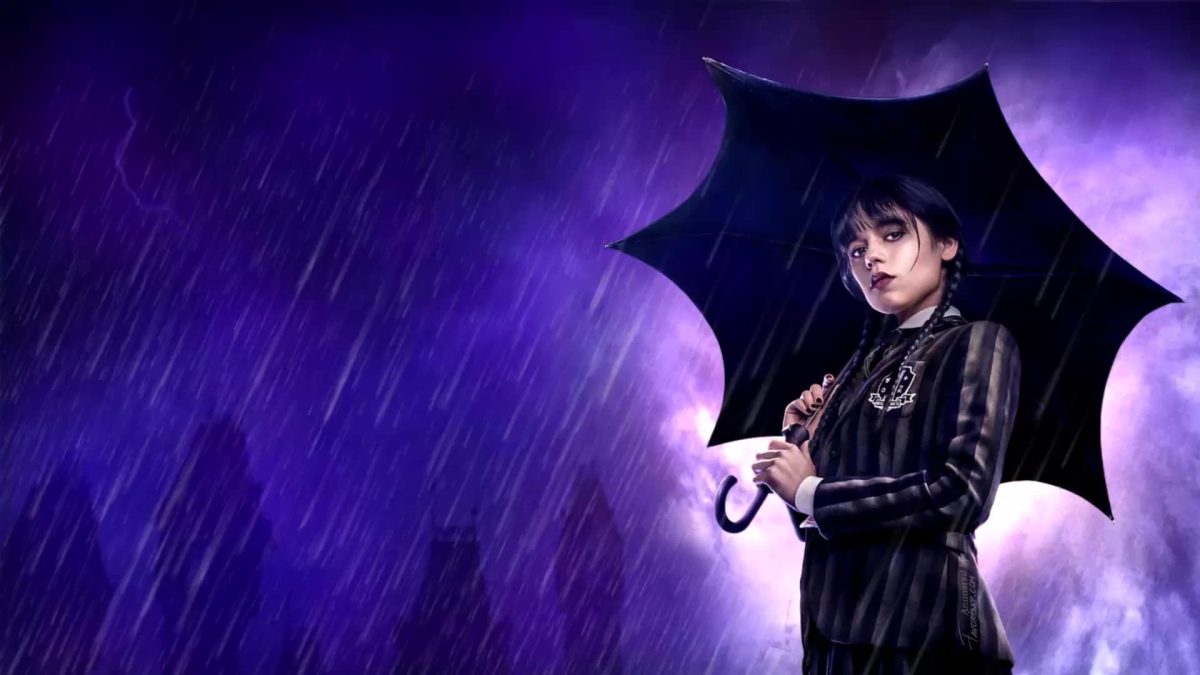After a few years of box-office ups and downs, 2025 has delivered a string of back-to-back hits that have fans sprinting back to theaters with superhero capes, Formula 1 flags, and too much buttered popcorn.
Leading the charge, “Superman” (2025), James Gunn’s sparkling reboot of DC’s most iconic hero, opened with around $122 million domestically, and $217 million globally.
It became this year’s first true superhero event, as by the end of its run, it had reached a heroic $615.8 million worldwide, officially crowning itself as 2025’s top-grossing comic-book movie.
Critics pleasantly praised David Corenswet’s earnest yet grounded performance, while various fans reveled in Gunn’s balance of humor and heart. Additionally, Warner Bros. reportedly pocketed around $125 million in theatrical profit, giving the DC brand a clean win and a wave of optimism.
Meanwhile, Marvel’s “Fantastic Four: First Steps” arrived as an outstanding reboot, with high expectations and an even higher marketing budget. As a result, the film earned a confident $521.8 million globally in total, $274 million in the U.S., and $247 million overseas, proving the brand still has that cosmic appeal.
The film’s opening weekend, a robust $117.6 million, included the largest preview of 2025, earning Marvel fans a dose of Marvel’s old-school excitement. However, that excitement cooled a bit in a week or two with a steep drop, suggesting that nostalgia can only stretch so far without any fresh storytelling.
Luckily, audiences generally approved of the film’s breezy tone, clever visual effects, and the director, Matt Shakman, who actually seemed to enjoy science instead of brooding on and on about it.
Marvel’s “first steps” turned out to be exactly that, a stable launch rather than a box-office money maker.
Then came the unexpected speedster of the year, “F1” (this author’s personal favorite if you couldn’t tell!) directed by Joseph Kosinski, who had also directed “Top Gun: Maverick.” Starring Brad Pitt as a veteran racer mentoring a young hotshot, “F1” accelerated onto cinema screens and made the audience feel every rev of the movie’s engine.
Its $55.6 million domestic debut and $144 million global weekend were certainly impressive enough, yet the film didn’t slow down there. By late summer, it had raced across the $600 million mark, making it both Apple Studios’ biggest theatrical success and Brad Pitt’s highest-grossing film in his career.
Around 19% of its total came from IMAX screens, a testament to just how well done the film’s immersive racing sequences were, shot with specialized cameras at real Grand Prix events.
Amusingly, critics called it “Top Gun on wheels,” as it wasn’t just some sports movie, yet an adrenaline love letter to speed, teamwork, and cinematic spectacle.
For Apple Studios, which had been testing the waters of a possible sequel, it just proves that prestige streamers can play (and win) in the blockbuster league.
As a whole, 2025’s global box office is projected to hit around $16.6 billion, slightly lower than 2024’s totals, however, with a far more consistent performance. “Superman” and “F1” cracked this year’s Top 10 earners, and family fare such as “The Minecraft Movie” and “Lilo & Stitch” helped sell out theaters across all age groups.
From capes to cars to crafting tables, a handful of blockbuster movies have been successfully dominating the industry. While fewer films are reaching the billion-dollar mark, more middle-range hits are finding success through social media, word of mouth, and constant IMAX attendance.
So, what does 2025 tell us about where cinema is heading?
According to Dana Dela Cruz, she expects films in the near future to “make a lot of money in the majority of movies that are set to release next year.” Following this she stated, “I pray it doesn’t go downhill.”
And so, the message is loud and clear, with the audience’s recent optimism, 2025 has been a refreshingly fun and delightful year for cinema. As long as the popcorn keeps popping and the enticing feeling of adrenaline rush as the lights dim, that big screen sparkle isn’t going anywhere.









